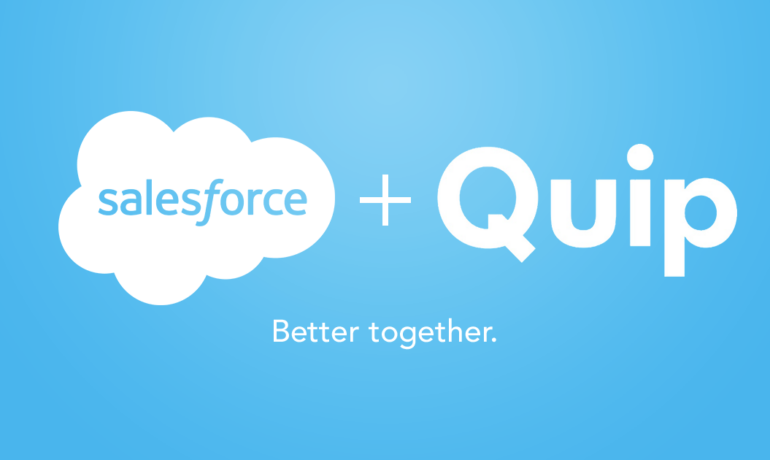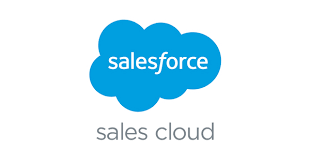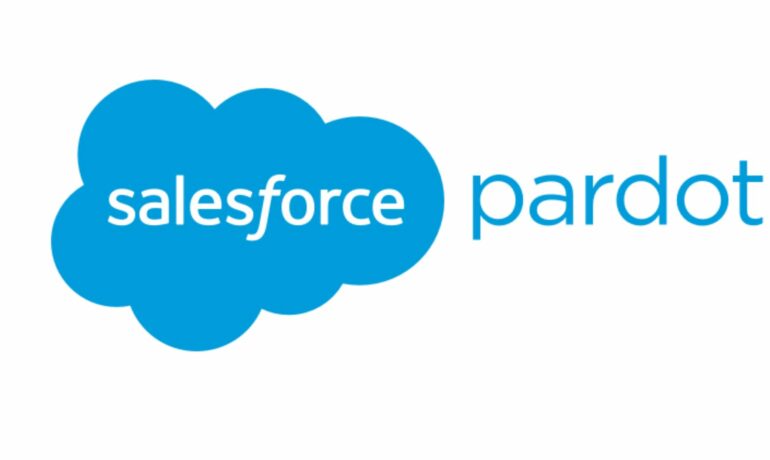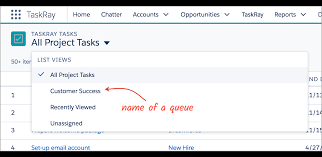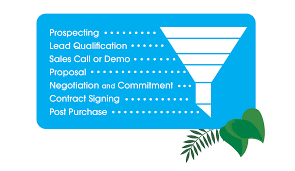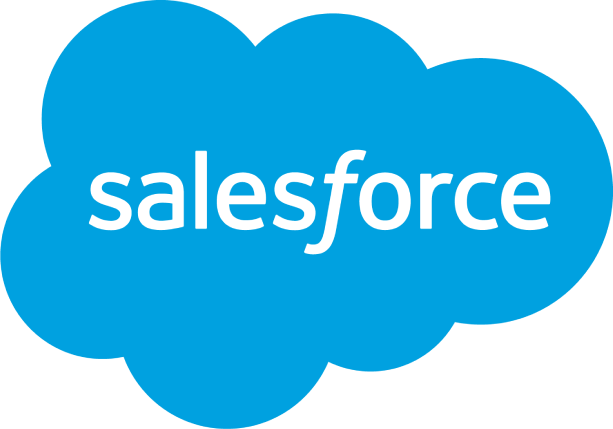Quip, Sales Cloud, and Service Cloud
Quip Sales Cloud Service Cloud Quip, the document collaboration platform under Salesforce ownership, has recently announced a deeper integration into the core Sales Cloud and Service Cloud products of Salesforce. Quip helps sales teams accelerate business in real-time. Reimuip’s mobile-first content collaboration platform and word processing programs let’s you create, edit, discuss, and organize your team’s work — all in one place. This development is indeed big news, addressing the anticipation that followed Salesforce’s $750 million acquisition of Quip in 2016. The integration, now realized with Quip for Sales and Quip for Service, marks a transformative step for Quip. Quip’s cloud-based word process and collaboration software enhances Salesforce’s suite of productivity tools for business. This discussion will explore two pivotal aspects that distinguish the new Quip: Interface and Automation. Interface: Quip is now seamlessly embedded into the Salesforce console interface, offering a more integrated user experience. Automation: Using Quip gains the ability to leverage Salesforce Workflows, Approval Processes, and Lightning Flows configured by administrators. Quip for Sales Enhancing internal communication is crucial for sales teams to maintain strategic focus and present a professional image externally. Recognizing the limitations of static sales strategies, Quip meets the need for agility in sales teams to remain competitive. Quip transforms critical strategy documents into living plans, constantly updated with live data and adjusted collaboratively by the team within the context of the account. Use Cases Sales-specific use cases encompass: Account/Territory Plans Account hand-offs Proposal/Quote Feedback, linked to approval processes Pipeline Stage Required Documentation, aligned with the Sales Process Quip for Service With the simultaneous introduction of Quip for Service and the Einstein for Service announcement, there’s an increased focus on customer service transformation. The evolving landscape demands more from service agents, both in terms of diversified portfolios on the product side and elevated expectations from customers. Collaboration in service becomes imperative, especially as cases become less straightforward, requiring consideration of additional context in complex discussions. Use Cases Service-specific use cases include: Agent ‘Swarming’: Groups of agents collaborating on a single, complex case can engage in digital discussions. Knowledge Article Editing: Feedback from subject matter experts or the marketing department ensures content and messaging accuracy. Guided Actions for Case Resolution: Lightning Flows, exemplified by a Guided Actions flow, play a significant role in Service scenarios. The tighter integration of Quip and Salesforce’s Sales Cloud and Service Cloud signifies a strategic move that enhances user interface cohesion and introduces powerful automation capabilities, marking a noteworthy evolution for Quip. Like2 Related Posts Salesforce OEM AppExchange Expanding its reach beyond CRM, Salesforce.com has launched a new service called AppExchange OEM Edition, aimed at non-CRM service providers. Read more Health Cloud Brings Healthcare Transformation Following swiftly after last week’s successful launch of Financial Services Cloud, Salesforce has announced the second installment in its series Read more 50 Advantages of Salesforce Sales Cloud According to the Salesforce 2017 State of Service report, 85% of executives with service oversight identify customer service as a Read more CRM Cloud Salesforce What is a CRM Cloud Salesforce? Salesforce Service Cloud is a customer relationship management (CRM) platform for Salesforce clients to Read more

